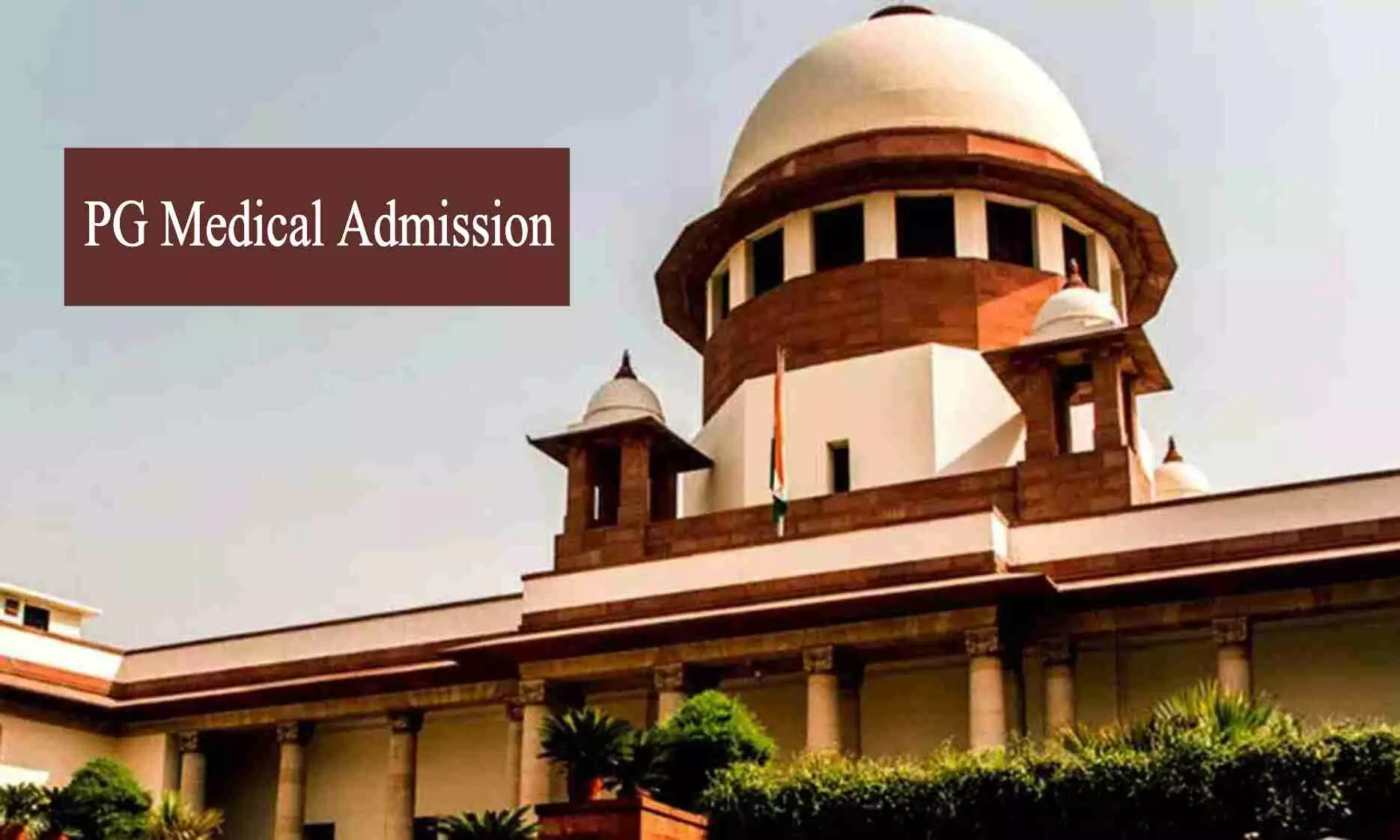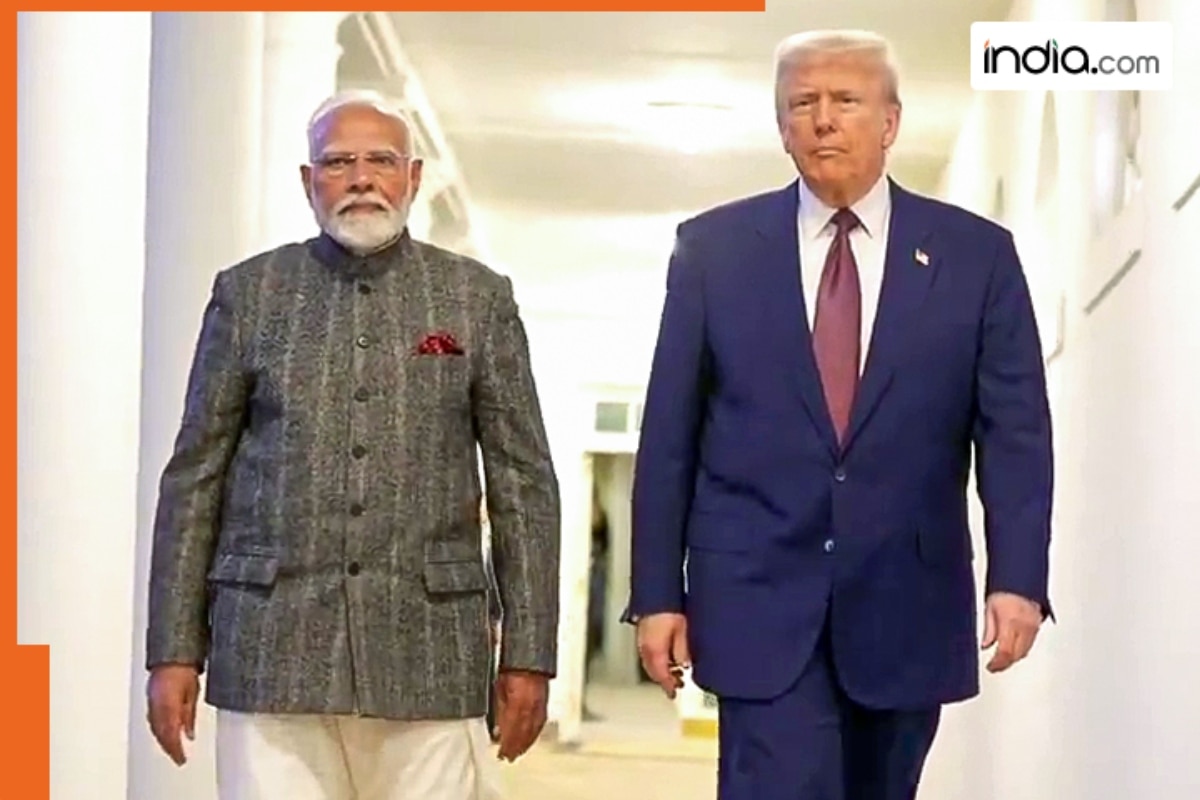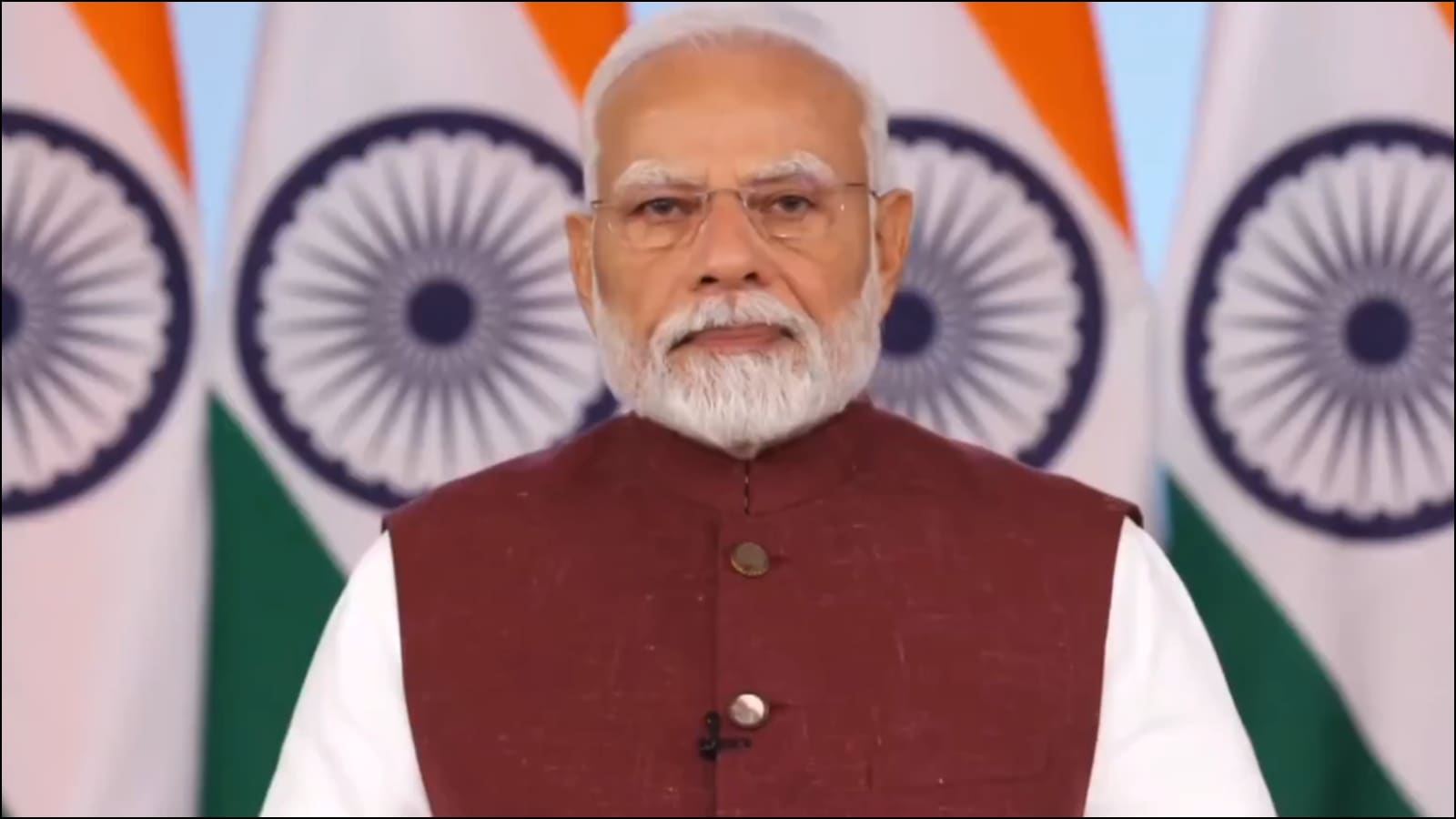In a landmark decision, the Supreme Court today held that domicile-based reservations for postgraduate medical admission cannot be allowed as it violates Article 14 of the Constitution. The top court bench comprising Justices Hrishikesh Roy, Sudhanshu Dhulia, and SVN Bhatti observed that "Residence-based reservation in PG medical courses is clearly violative of Article 14 of the Constitution."
The Apex Court bench clarified that providing domicile residence-based reservations in admission to State quota PG medical seats is constitutionally impermissible. Such seats have to be filled up based on merit in the NEET exam.
However, the bench specified that the judgment will not affect the domicile reservation already granted. Students currently studying PG medical courses or those who have already graduated from such residence categories would not be impacted by the ruling.
While pronouncing the order, the top court three-judge bench reiterated the law laid down in previous judgments in Pradeep Jain and Saurabh Chandra cases. The bench emphasized that there is only one domicile in India, and providing reservation based on residence for higher levels in PG medical courses would be violative of Article 14 of the Constitution.
The decision has significant implications for future PG medical admissions across the country. It underscores the importance of merit-based admissions in specialized medical courses and upholds the principles of equality and fairness enshrined in the Constitution.





